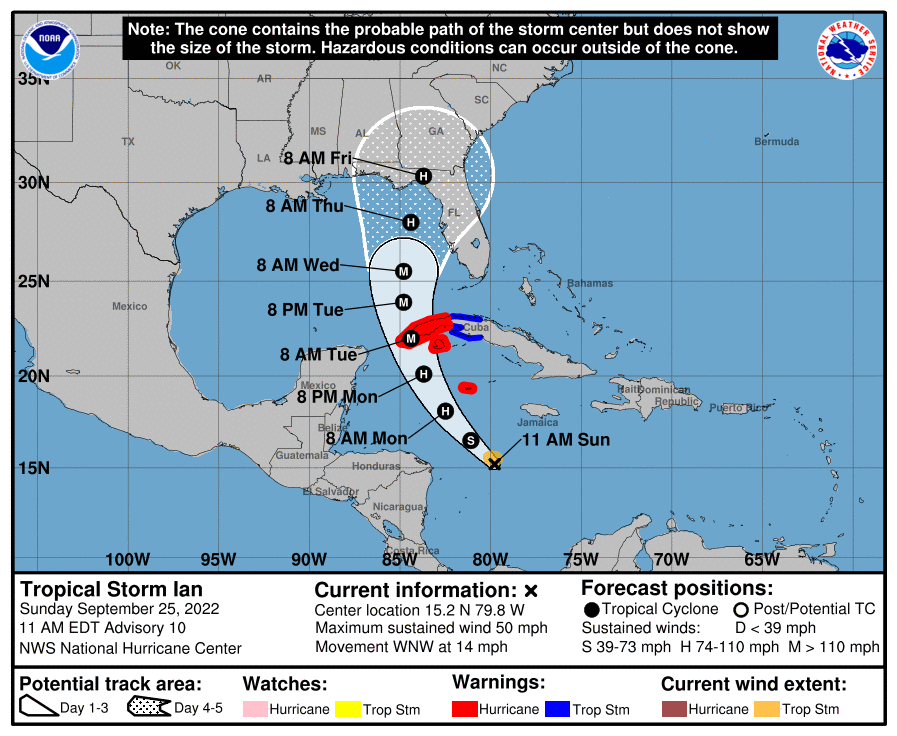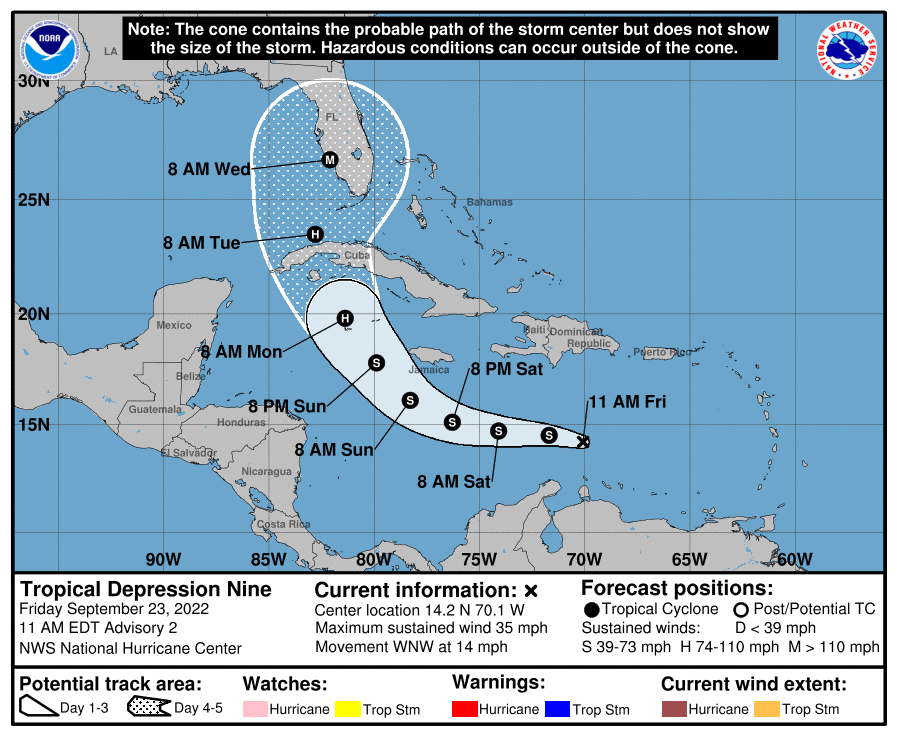The question of robot and AI personhood comes up a lot, and likely will come up even more in the future with the proliferation of models like GPT-3, which can be used to mimic human conversations very very convincingly. I just finished a first draft of a short essay surveying contemporary issues in robot law and policy; that gave me a chance to briefly sketch out my views on the personhood issue, and I figured I might share it here:
As the law currently stands in the United States and, as far as I know, everywhere else, the law treats all robots of every type as chattel. That is, in the words of Neil Richards and William Smart, “Robots are, and for many years will remain, tools. They are sophisticated tools that use complex software, to be sure, but no different in essence than a hammer, a power drill, a word processor, a web browser, or the braking system in your car.” It follows that robot personhood (or AI personhood) under law remains a remote prospect, and that some lesser form of increased legal protections for robots, beyond those normally accorded to chattels in order to protect their owners’ rights, also remain quite unlikely. Indeed, barring some game-changing breakthrough in neural networks or some other unforeseen technology, there seems little prospect that in the next decades machines of any sort will achieve the sort of self-awareness and sentience that we commonly associate with a legitimate claim to the bundle of rights and respect we organize under the rubric of personhood.
There are, however, two different scenarios in which society or policymakers might choose to bestow some sort of rights or protections on robots beyond those normally given to chattels. The first is that we discover some social utility in the legal fiction that a robot is a person. No one, after all, seriously believes that a corporation is an actual person, or indeed that a corporation is alive or sentient, yet we accept the legal fiction of corporate personhood because it serves interests, such as the ability to transact in its own name, and limitation of actual humans’ liability, that society—or parts of it—find useful. Although nothing at present suggests similar social gains from the legal recognition of robotic personhood (indeed issues of liability and responsibility for robot harms need more clarity, not less accountability), conceivably policymakers might come to see things differently. In the meantime, it is likely that any need for, say, giving robots the power to transact. can be achieved through ordinary uses of the corporate form, in which a firm might for example be the legal owner of a robot.
Early cases further suggest that U.S. courts are not willing to assign a copyright or a patent to a robot or an AI even when it generated the work or design at issue. Here, however, the primary justification has been straightforward statutory construction, holdings that the relevant U.S. laws only allow intellectual property rights to be granted to persons, and that the legislature did not intend to include machines within the that definition. Rules around the world may differ. For example an Australian federal court ordered an AI’s patent to be recognized by IP Australia. Similarly, a Chinese court found that an AI-produced text was deserving of copyright protection under Chinese law.
A more plausible scenario for some sort of robot rights begins with the observation that human beings tend to anthropomorphize robots. As Kate Darling observes, “Our well-documented inclination to anthropomorphically relate to animals translates remarkably well to robots,” and ever so much more so to lifelike social robots designed to elicit that reaction—even when people know that they are really dealing with a machine. Similarly, studies suggest that many people are wired not only to feel more empathy towards lifelike robots than to other objects, but that as a result, harm to robots feels wrong. Thus, we might choose to ban the “abuse” of robots (beating, torturing) either because it offends people, or because we fear that some persons who abuse robots may develop habits of thought or behavior that will carry over into their relationships with live people or animals, abuse of which is commonly prohibited. Were we to find empirical support for the hypothesis that abuse of lifelike, or perhaps humanlike, robots makes abusive behavior towards people more likely, that would provide strong grounds for banning some types of harms to robots—a correlative to giving robots certain rights against humans.
It’s an early draft, so comments welcome!
Notes




